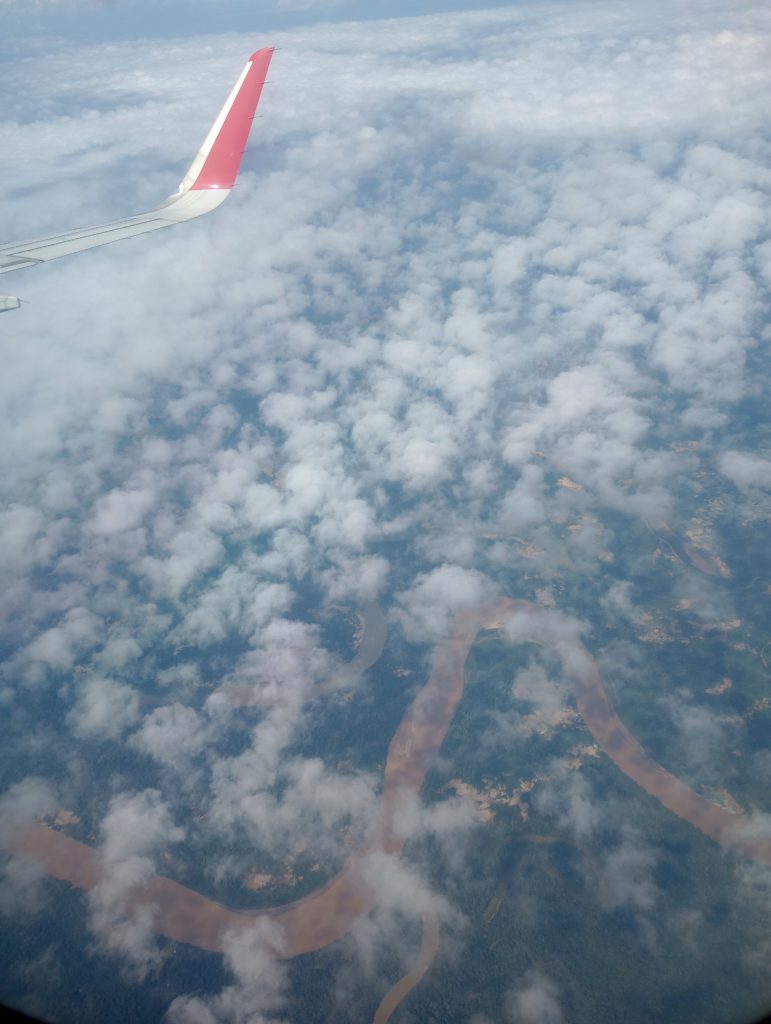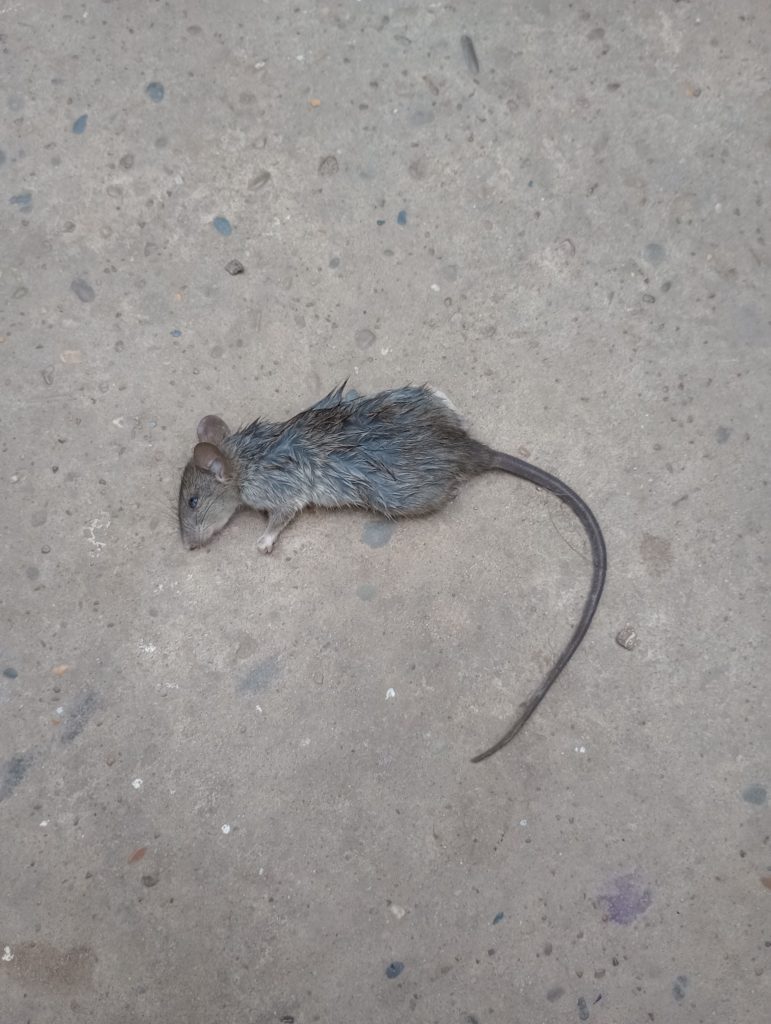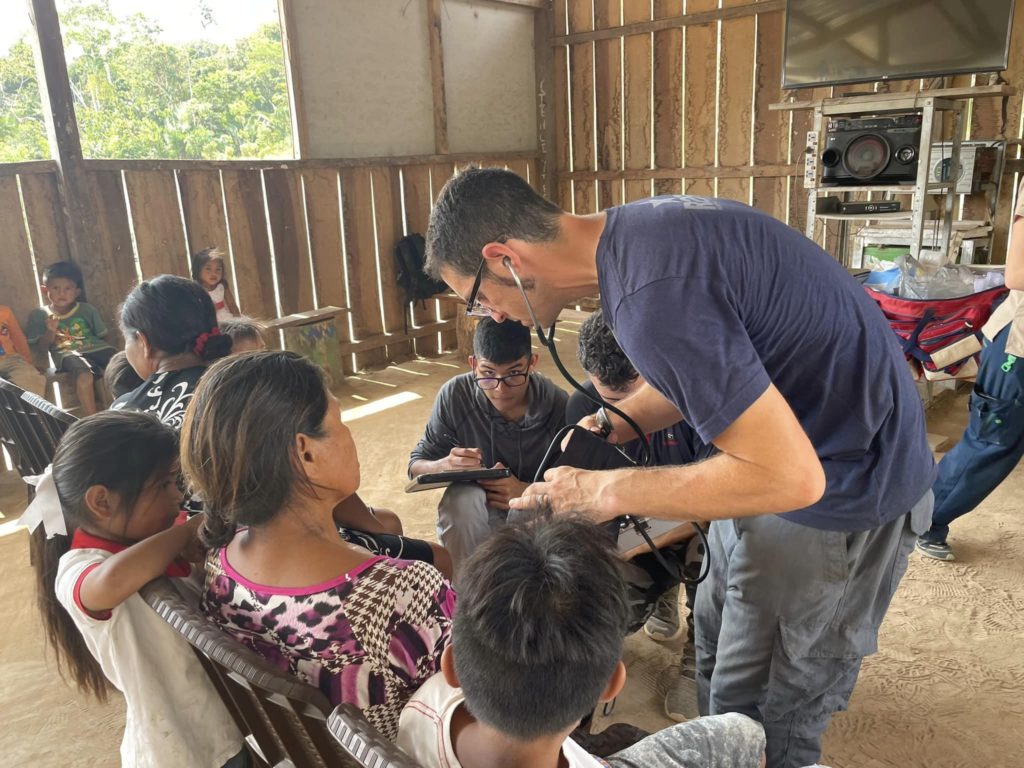
Travel Journal, 133
Back to Peru, part 5
I recently spent some time in the Peruvian jungle. Every year, I work with a medical team, bringing healthcare and the Gospel to a people who need both. Here’s a few tales:
I literally had a person tell me to have a “good vacation” right before I left for Peru. A smile came to my face and I nodded, saying I would do just that. But vacation is certainly a grave misjudgment of what we do in Peru. Do I have fun? Of course, heaps of fun. But don’t get me wrong, this is work—the Lord’s work.
Let me paint a picture:
After nearly 18 hours of travel, the plane poked through the clouds, revealing the snaking Madre de Dios River. My last leg included sitting in the very last seat on the plane, right next to a poopy little baby. We pick up our checked baggage of medical supplies and other stuffs for the week, meet the local missionary, hop in the taxi, and bustle off in a flurry of dust and travel-weariness. What comes next, you ask. A nap perhaps? Or maybe a shower? But the only thing on my mind is the mission. For the next week and a half our team will need to prep and execute a mobile clinic in villages along 250 miles of river. And the prep weighs very heavy in my mind right now. Tents need to be organized. Medications need to be readied. Pills need to be separated into patient-packs, ready to distribute. It’s hours of work and organization that has gotten easier as the years have passed.
The team slowly trickles into the country. Each new team member experiences the same thing as me. We land. We work. Clinic is coming. Will we be ready? Will everything fall into place? Will God do his work? We know the answer. But we’re nervous, nonetheless. Each of us possesses gifts; we have some way to contribute. But we have doubts whether those gifts are sharp enough, ready to use. But all want to give what we can to get this thing done. And as we finish up prepping and stand at the edge of clinic week, we’ve already given much of ourselves. This is no vacation. This is work—good work—the Lord’s work. But work, definitely.
The night before we packed up our boats and started hosting clinics along the Las Piedras River, I stood talking on the phone outside the house where I was staying. I was catching up with the little woman when a dog walked around the corner.
Peru has a ton of dogs. And one of them came up to me and dropped a dead rat at my feet. I stood looking at this offering of Peruvian benevolence while the dog gazed at me questioningly.
I had questions of my own.
“Is this it? Is this how I live? I give all that I have: time, money, and strength. And how does Peru repay me?”
Rats
It was a momentary thought. I don’t really feel like that. But for a moment, I wondered if what we do is worth the trouble. Any questions lingering in the back of my mind were answered later in the week.


When our boats pull up to a village, we unload our gear and begin the process of setting up for clinic. I readied my station: triage and registration. (Every patient being seen comes to me first. We take their vital signs, talk about any medical complaints, and direct them to see the doctor, dentist, vision, ect.) It was a brutally hot day. We carried everything up to the village and clinic was ready to go. I looked over a half wall, out into the village. A lady stood there staring at me. She just looked intently at me.
“I know you. You have been here several times! Thank you for coming!”
She was right. I had been here. And since I’m being honest, I should tell you that I didn’t recognize her. But being there and doing the work mattered to her.
It was sweet and refreshing.
And later in the week, another lady walked up to me and said almost the same thing.
“I know you. Thank you for coming!”
She then shoved a coconut into my arms. My sleep deprived and overworked mind nearly let burst a levy of tears.
Is all the work worth it? Not only are these people getting physical help. They are also hearing the Good News of Christ. So obviously it is worth the work.
But do I only get rats in return?
There’s a passage in Hosea that had read after clinic had ended and we were making our way further along the river.
God says in Hosea chapter 6, “I desire loyalty and not sacrifice, the knowledge of God rather than burnt offerings.”
We may think our sacrifice is the most valuable thing about us during this clinic week, or even in our Christian lives. But God requires our devotion more than anything. He wants our entire being.
We may find rats along the way. But God promises far more. Hosea goes on,
“Let us strive to know the Lord. His appearance is as sure as the dawn. He will come to us like the rain, like the spring showers that water the land.”
He refreshes us like rain and springs showers. He gives us the sweetness of coconuts and Peruvian smiles. And all he requires is a loyal heart and a life steadily seeking Him.
So even though it’s a ton of work, and there may be rats along the way, what we give is far less than what Christ gives us. During our clinics he gave the Peruvian people healthcare. He gave them the Word of God. He gave them Eternal life.
What did he give me?
Coconuts
And I wouldn’t trade them for anything.
anthony forrest
Check out the rest of this series:
I love reading your descriptions of your adventures for God and the people of the world who cannot get the medical help they need without your wonderful team.
Thank you! It’s a blessing to be a part of God’s work.